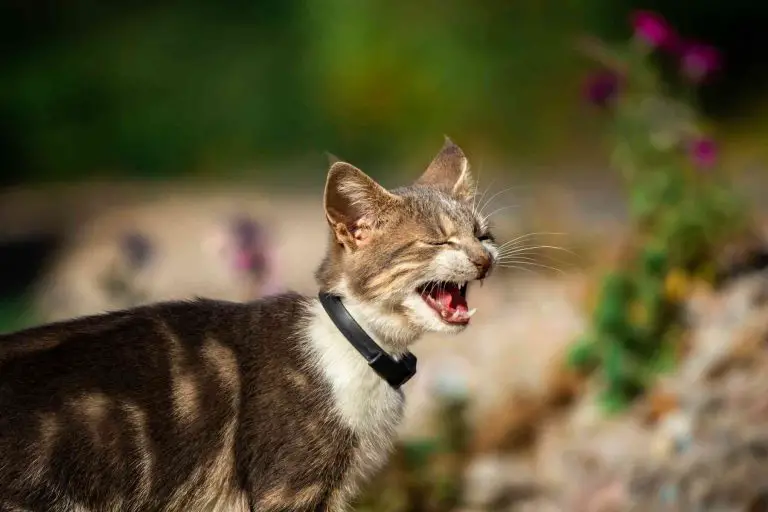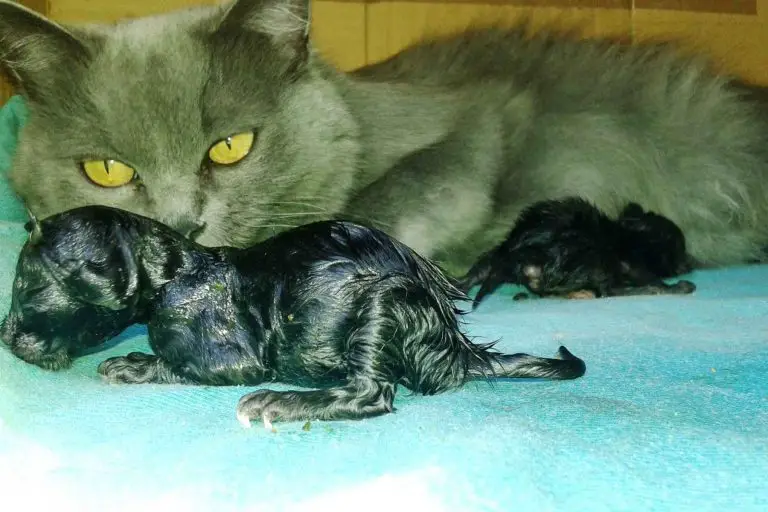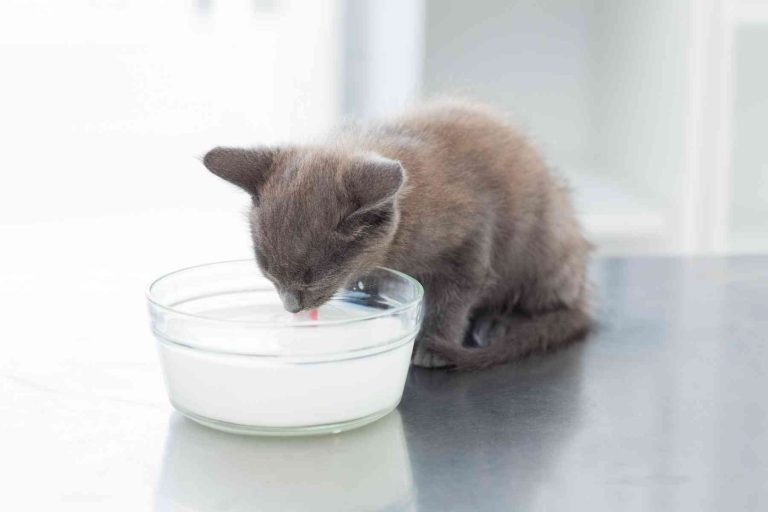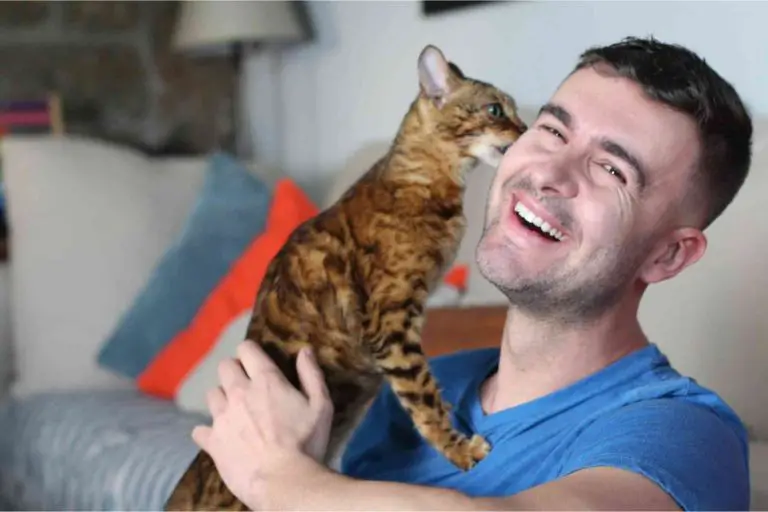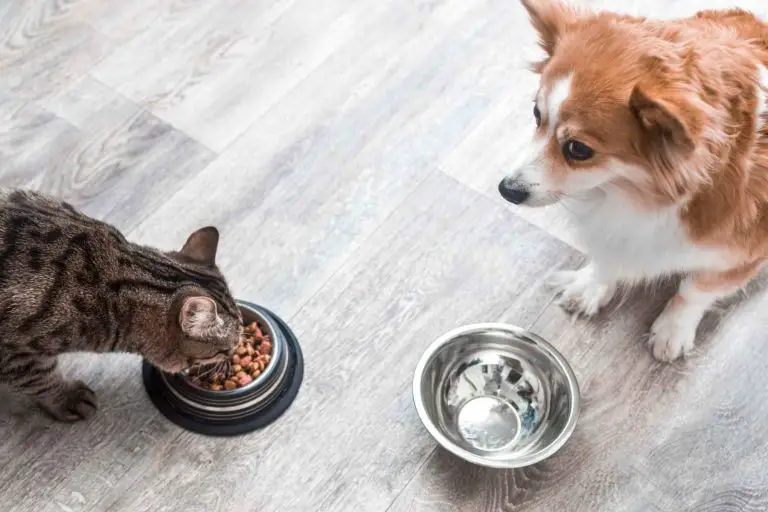How Long Can Cats Hold Their Poop?
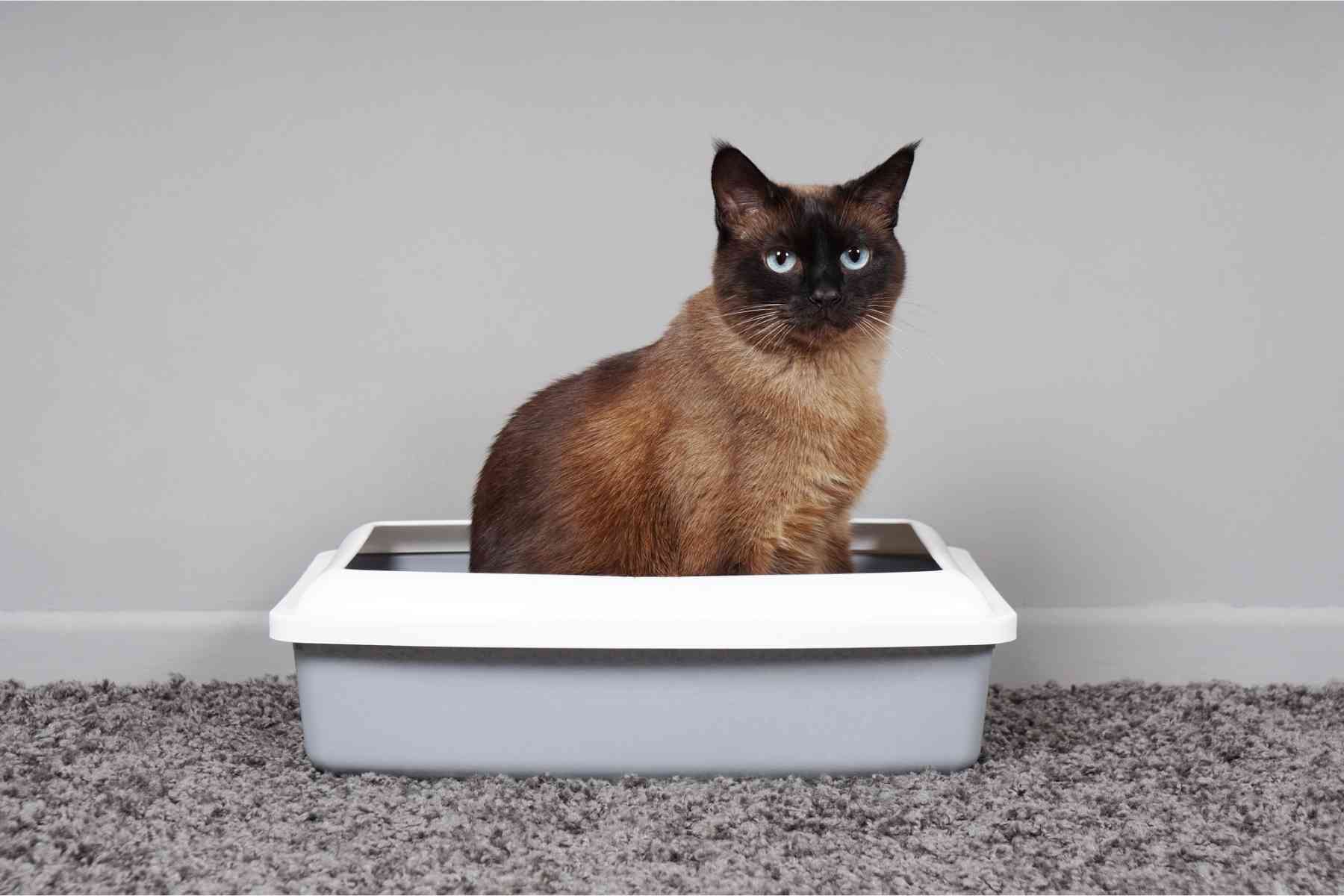
Cats can hold back a bowel movement for 24-48 hours, whereas kittens can hold it for 12-24 hours.
While most cats can hold their poop for this long, you should consider other factors such as stress or discomfort that can cause them to poop or pee unexpectedly.
How Often Do Cats Poop in a Day?
A healthy cat will poop only once or twice a day. This will take into account their general health, age, activity, nutrition, etc. Each cat will vary slightly given those factors, so some cats may poop twice a day while others may not poop for two days.
So, It’s Normal That My Cat Hasn’t Pooped?
Yes and no. While cats can hold their poop doesn’t mean they should be doing so. If you notice your cat hasn’t pooped in over 48 hours, consider contacting your veterinarian, as this could be constipation, which can also indicate a deeper health issue.
What Does Constipation in Cats Look Like?
Constipation is quite common with cats, but that doesn’t mean it’s any less concerning. Some of the symptoms to look out for in constipation are:
- Hard stools (inside or outside the litter box)
- Crying and/or straining in the litter box
- Avoiding the litter box altogether
- Nausea
- Decreased Appetite
- Vomiting
- Drinking more or less water
- Peeing more
- Weight Loss
- Muscle Loss
- Walking Stiffly
- Hiding
What Causes Constipation in Cats?
Scientifically speaking, constipation tends to occur when the intestines aren’t moving things through normally, which keeps the stool soft and moist.
This can be caused by a number of underlying issues such as stress and anxiety, inflammatory bowel disease, allergies, nerve problems, some kinds of cancers, and other chronic health issues.
Is it Normal for a Cat to be Constipated After Surgery?
Yes, it is very common for many reasons, such as medication and stress. In general, this side effect will go away on its own within 3-4 days post-surgery. Contact the vet who performed the procedure if it goes longer than that.
How Do Vets Treat Constipation in Cats?
The most effective treatment comes from identifying the underlying issue and treating it from there.
Your vet may offer fluids and/or an enema for your cat for immediate relief. Your vet may also prescribe medications or over-the-counter solutions to help, such as certain cat food.
For example, my cat just recently experienced constipation. Her vet gave her an enema, some lactulose syrup, and another medication. Now she eats Royal Canin GI Fiber Response to help keep things moving just right.
How Can You Help to Treat a Constipated Cat?
After consulting with your vet on how to care for your cat’s constipation, there are a few things you can do at home as well!
Increase Your Cat’s Water Intake
As dehydration can be a key factor in constipation, ensuring your cat has a proper amount of water is essential. Cats are not the best at drinking standing water, so a great way to increase their water intake is by feeding them wet food.
You can also set up multiple water bowls throughout the house and use water fountains instead of water bowls. My own previously-constipated kitty has been drinking much more since I bought her one of those flower water fountains.
Change Your Cat’s Diet
Food allergies have been linked to constipation and can cause intestinal inflammation. By changing up the protein in your cat’s food, you can reduce the inflammation and bring regularity back to their intestines.
Maintain a Healthy Weight For Your Cat
While round cats look cute, obesity is a real problem with house cats. Obesity can also cause intestinal inflammation, which will slow the movement of your cat’s intestines. Check with your vet on what food they recommend for your cat specifically and what type of exercises to do.
Get Your Cat Moving with Exercise and Enrichment!
Coupled with helping in weight loss, exercise helps promote healthy movement of your cat’s intestines. Encourage activity with cat trees, toys, window seats, and more one-on-one playtime with you!
Each cat plays differently, so find what works best for your kitty. My cat will only play with a string I wield, no matter how many small toys I give her or automated ribbons. The exercise will also help to enrich your cat’s life and reduce stress or anxiety.
Reduce Anxiety
Cats can easily be stressed or made anxious by different things. Sometimes it is clear what is bothering them – maybe you have a new pet or have work done on your home. But other times, it may not be as clear, as even a change to your schedule can cause stress.
Add More Litter Boxes
The rule of thumb is one litter box per cat in the household, but cats actually benefit from having multiple boxes around the house. If a cat doesn’t like the box or the litter used, it can lead to constipation, so try out a few different boxes and litter around to see what they like.
Introduce Fiber and Probiotics
Fiber feeds the good bacteria in the intestines and helps promote normal movements.
It also helps by keeping water in the intestines, which reduces the risk of constipation.
As stated earlier, my cat is on a fiber diet recommended by her vet as generally, once a cat experiences constipation, they will again. This fiber-focused diet ensures that my cat’s intestines absorb the correct amount of water and move things along.
Some Over The Counter Solutions
Certain canned foods can also be used to help increase fiber intake.
Giving your cat canned or pureed pumpkin once or twice a week can help with fiber, but it contains a lot of sugar so keep it limited. Some good sources are psyllium husks (Metamucil) and wheat bran.
You can also ask your veterinarian what over-the-counter laxatives will help best, as not all are created equally. Miralax (PEG 3350) and Colace (docusate) are the most commonly used sources. Most other human laxatives can cause problems for cats.
Oils Can Help As Well
Olive oil and castor oil have been shown to have valuable benefits but must also be given in moderation and veterinarian assistance. For mild constipation cases, use one half to one full tablespoon of olive oil in your cat’s food.
Castor oil, on the other hand, is a strong laxative and should only be used if other options have been tried with your vet. The oil is generally mixed with your cat’s food, and then you should ensure that they have fresh, clean water to drink.
In Conclusion
It’s common for most cats to only poop about once a day, but there can be a danger if they haven’t pooped for over 48 hours. You can do things to help out, but the best course of action is to contact your veterinarian.
Keep an eye on your cat’s behavior and bowel movements to help catch constipation before it starts. The easiest way to do this is to ensure that their diet contains a proper amount of fiber and that your cat has interactive water sources. The more water they take in, the better their intestines move.

